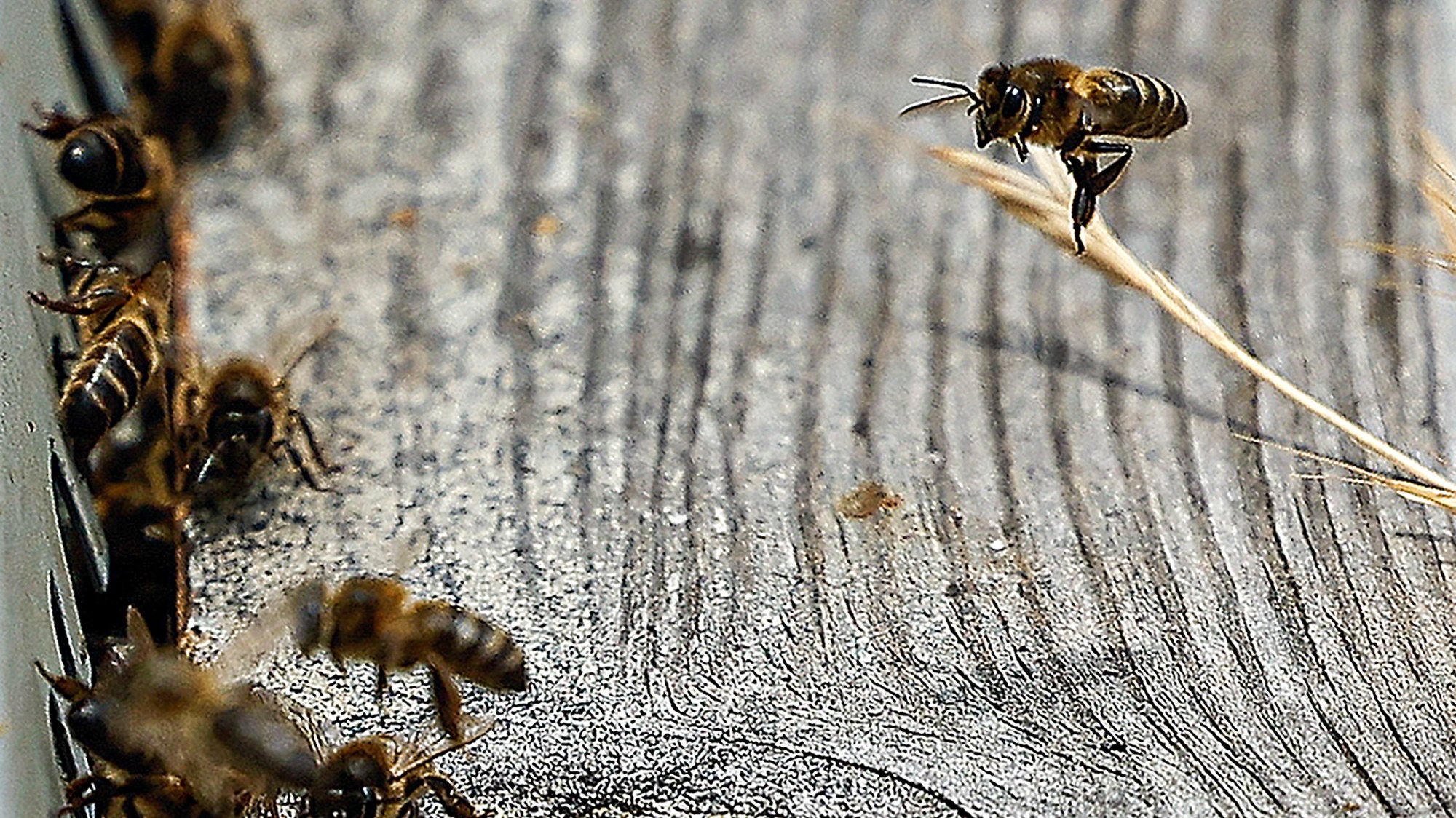The allergic reaction to the sting of insects such as bees and wasps is responsible for around 20% of deaths due to anaphylaxis, the Portuguese Society of Allergology and Clinical Immunology (SPAIC) revealed today.
This was the third most common cause of allergic reaction, after foods and medications.
On the occasion of World Bee Day, which is celebrated on May 20, the SPAIC cites data from the Portuguese Anaphylaxis Registry to say that Bee venom allergy was responsible for more than 5% of all anaphylaxis cases. (a serious and life-threatening allergic reaction) between 2007 and 2017.
It is also estimated that severe allergic reaction to the venom of Hymenoptera, a group of insects that includes wasps, bees and ants, is responsible for around 20% of anaphylaxis deaths.
The institution warns that “Currently, allergic reactions caused by Hymenoptera stings represent a serious health problem”.
According to two immunoallergologists from the SPAIC anaphylaxis group, Natacha Santos and Maria Luís Marques, anaphylaxis usually manifests itself “by a combination of skin reactions (hives, angioedema), gastrointestinal (vomiting, intense abdominal pain), respiratory (tightness in the throat ). , difficulty breathing, wheezing) and cardiovascular (hypotension, dizziness, fainting)”, which can be fatal.
“More than half of patients with anaphylaxis due to bee venom present severe anaphylaxis with cardiovascular changes,” they emphasize.
Experts warn of the appearance of symptoms and explain how allergic patients should react to a bite.
“In case of a local reaction (swelling and redness at the site of the bite), the patient should wash the area well with soap and water, apply ice and it may be necessary to administer medications, such as antihistamines or topical or oral medications. corticosteroids for symptomatic relief,” they say.
If the reaction is systemic, that is, if it affects the entire body, the patient “should immediately call 112 and say that they are developing a serious allergy,” they conclude.
Source: Observadora
